From AI Zero to AI Hero in 30 Days
Your no-nonsense guide to AI proficiency without the hype
Hey Adopter,
If I had to start learning generative AI from absolute zero today, here's exactly how I'd do it.
Not by chasing every new model or trying to understand the technology. I'd focus on one thing: building practical skills that create immediate value in my work and life.
This article outlines the exact 30-day progression I'd follow, based on studying how the top 1% of AI users actually operate. You'll learn the specific habits, tools, and workflows that separate people who tinker with AI from those who use it to get real results.
By the end, you'll have a custom AI assistant, proven workflows for your biggest time drains, and the confidence to tackle any AI tool that comes next. Most importantly, you'll think like an AI-native professional, rather than someone who's "learning about AI."
Want more strategies like this delivered weekly?
Week 1 - Remove the Friction
Make AI feel natural, not foreign.
Most people treat AI like enterprise software that requires training. Wrong. The best AI users make interaction effortless.
Start Talking, Stop Typing
Download ChatGPT or Claude on your phone. For three days, use only voice input for every AI interaction. If you are on Mac you could also use native dictation or tools like Aqua voice (Use discount code: KAMIL30 for 30% off)
Ask mundane questions. "What's a good recipe for chicken and broccoli?" or "Explain compound interest like I'm 10."
You're not seeking profound insights. You're rewiring your brain to see AI as conversational, not transactional. You talk faster than you type, so leverage that.
Replace Google With AI
This trips up most people over 30. They use AI like a fancy Google replacement instead of a thinking partner.
For one week, use ChatGPT, Claude, or Perplexity for every information query. Don't ask for links. Ask for answers.
Instead of "websites about productivity," ask "three specific ways to improve focus during deep work sessions." You're changing from seeking sources to seeking synthesis. That shift unlocks everything that follows.
Week 2 - Build Your First Real Project
Create something tangible that proves AI's value.
This separates beginners from dabblers. Theory means nothing. Creation means everything.
Pick One Lane and Own It
Choose exactly one project. Not three. One.
Here are proven options. Write a 300-word children's story with illustrations. Create a 3-part welcome email series for any topic. Generate 5 engaging posts with image concepts for a hobby.
Want something technical? Use generative AI to code simple applications or websites. Become a research expert in your domain. Create a musical band with a distinct art style and publish tracks on Spotify.
Take my Once Upon a News project. I started creating children's books for Amazon, but the publishing process crawled like molasses. I needed something where I could use AI tools more frequently.
So I pivoted to a news publication that turns current events into fairy tales. Same creative tools, faster feedback loop. I write stories, generate illustrations, create narrations, and publish weekly. The project forced me to master specific AI workflows while building something people actually read.
Week 3 - Build Your AI Arsenal
Create specialized AI assistants for recurring tasks.
You've proven AI can create value. Now multiply that value through specialization.
Create Your First Custom Project
Both ChatGPT and Claude offer "Projects." Think specialized versions of AI trained on your specific needs.
Take your successful Week 2 project and create a specialized AI for it. Upload examples of work you like. Define your preferred tone and style. Build a system that produces consistent quality with minimal effort.
This isn't convenience. It's leverage. Instead of re-explaining your preferences every time, you have an AI that already knows exactly what you want.
Practice Model Arbitrage
Stop being religious about one AI tool. The top 1% use different models for different strengths.
ChatGPT excels at image generation, data analysis, and broad research. Claude handles long-form writing, detailed analysis, and creative work. Gemini tackles complex debugging and massive document processing. Perplexity delivers real-time research with current sources.
Run the same prompt through multiple models. Notice the differences. Build preferences based on results, not marketing claims.
Week 4 - Develop Advanced Habits
Think like an AI-native professional.
You're no longer a beginner. Time to think systematically about AI integration.
The Two-Task Rule
If you do something twice, ask: "Can AI automate this?" Usually, the answer is "partially, yes."
Even 50% automation creates significant time savings. Start small. Maybe AI can't write your entire quarterly report, but it can structure the outline, draft key sections, or analyze the data you'll reference.
Common Automation Wins:
Email drafting → Template + AI personalization
Research summaries → AI synthesis + human review
Content outlines → AI structure + human refinement
Data analysis → AI processing + human interpretation
Use AI as Your Thinking Partner
Advanced users treat AI like a conversational advisor. They use voice mode for therapy sessions, processing challenges with personalized approaches. Sales practice, rehearsing pitches against different personality types. Negotiation prep, role-playing salary discussions. Interview practice, drilling responses to common and unusual questions.
This isn't a replacement for human interaction. It's preparation that makes human interaction more effective.
Stay Current Without Overwhelm
Subscribe to one high-quality AI newsletter. Spend 20 minutes every Sunday scanning headlines.
If something applies to your use case, test it immediately. If not, ignore it. The goal isn't knowing everything. It's knowing what matters for your specific applications.
Your 30-Day Reality Check
After 30 days, you'll have moved from wondering "Is AI useful?" to asking "How can AI help with this specific task?"
That mindset shift is everything. It's the difference between someone who "knows about AI" and someone who uses AI to get results.
The professionals who master these fundamentals while their colleagues debate whether AI is worth learning will create an insurmountable advantage. The window for that advantage won't stay open forever.
Adapt & Create,
Kamil



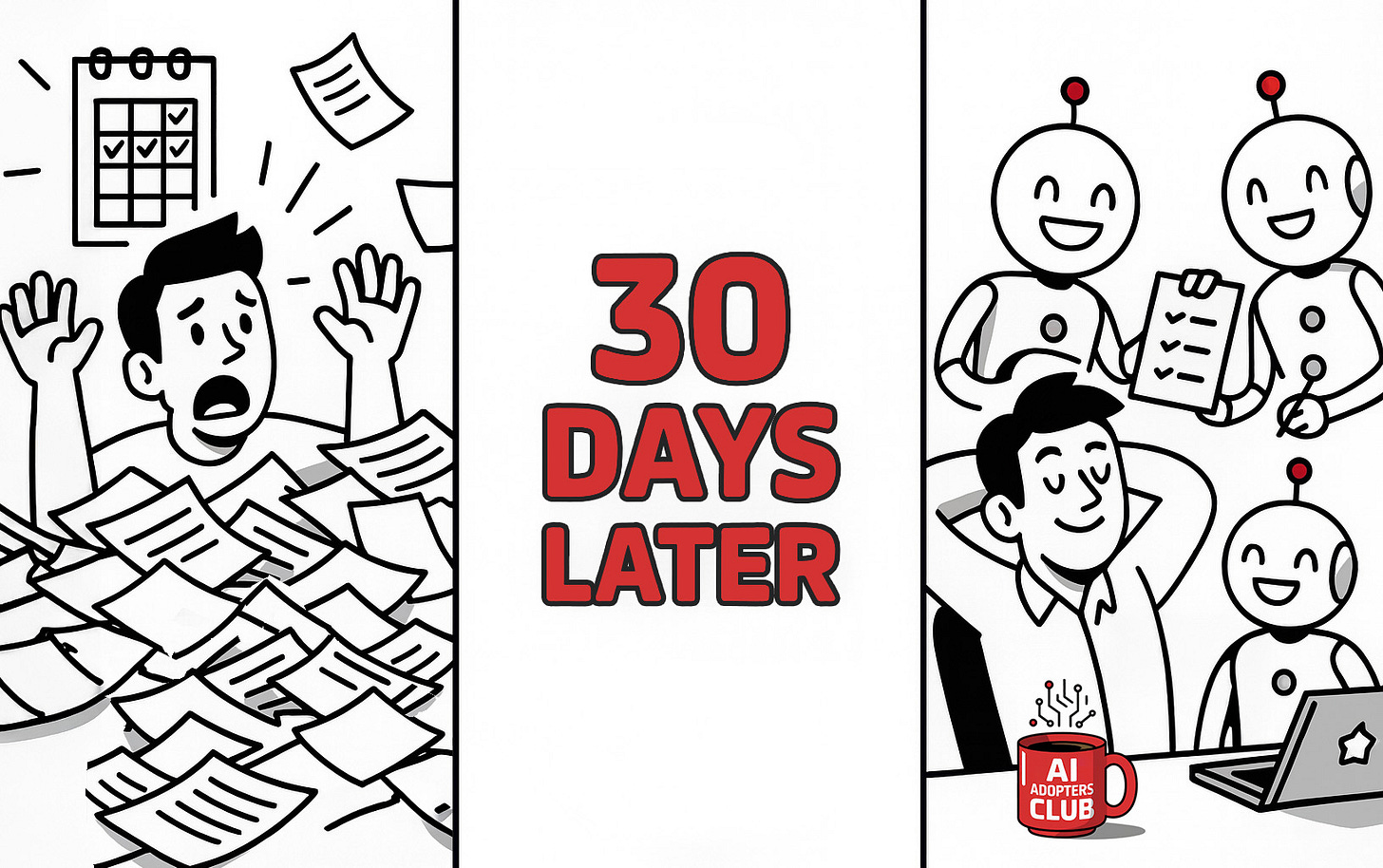
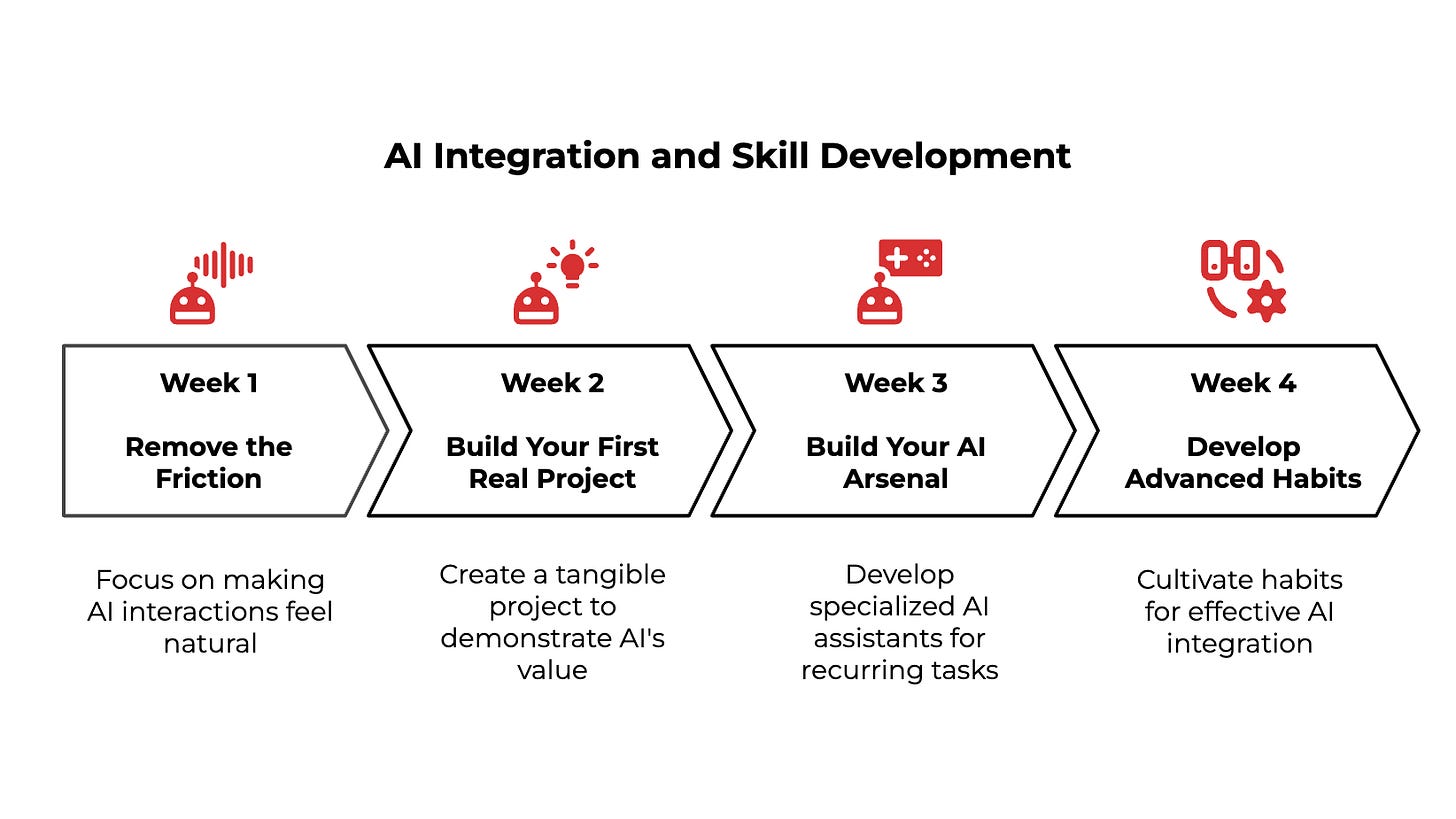

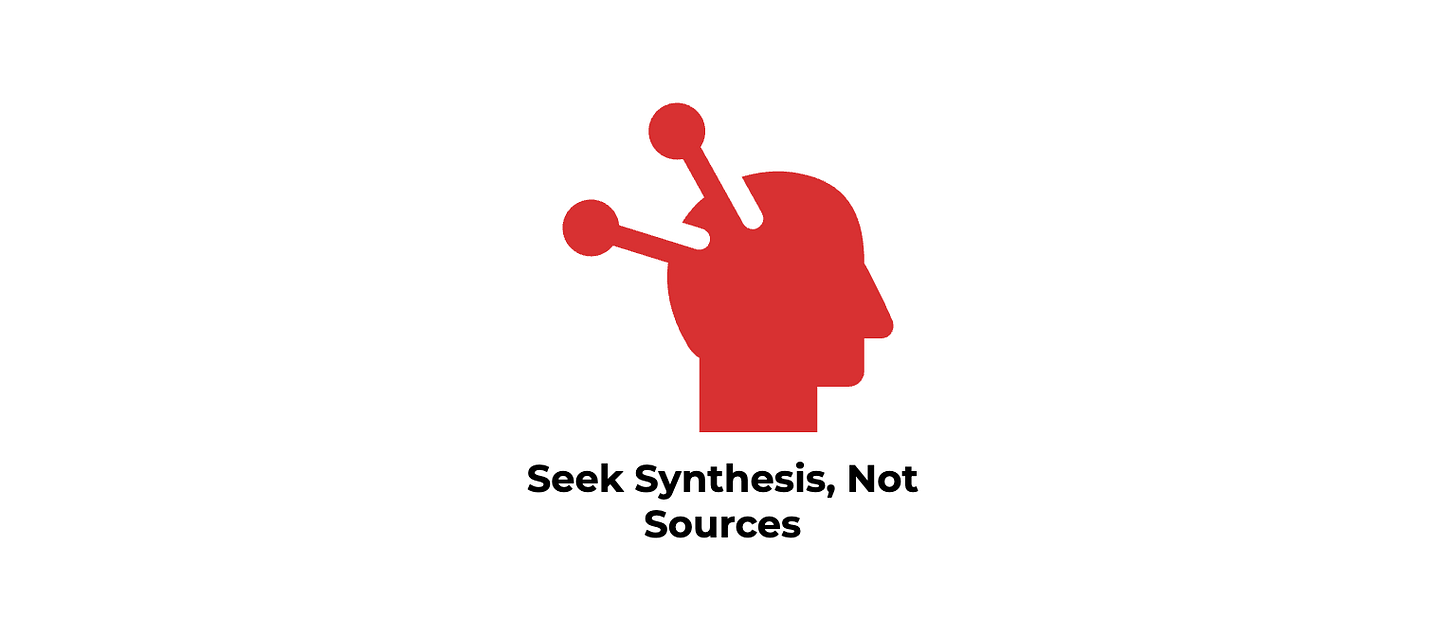
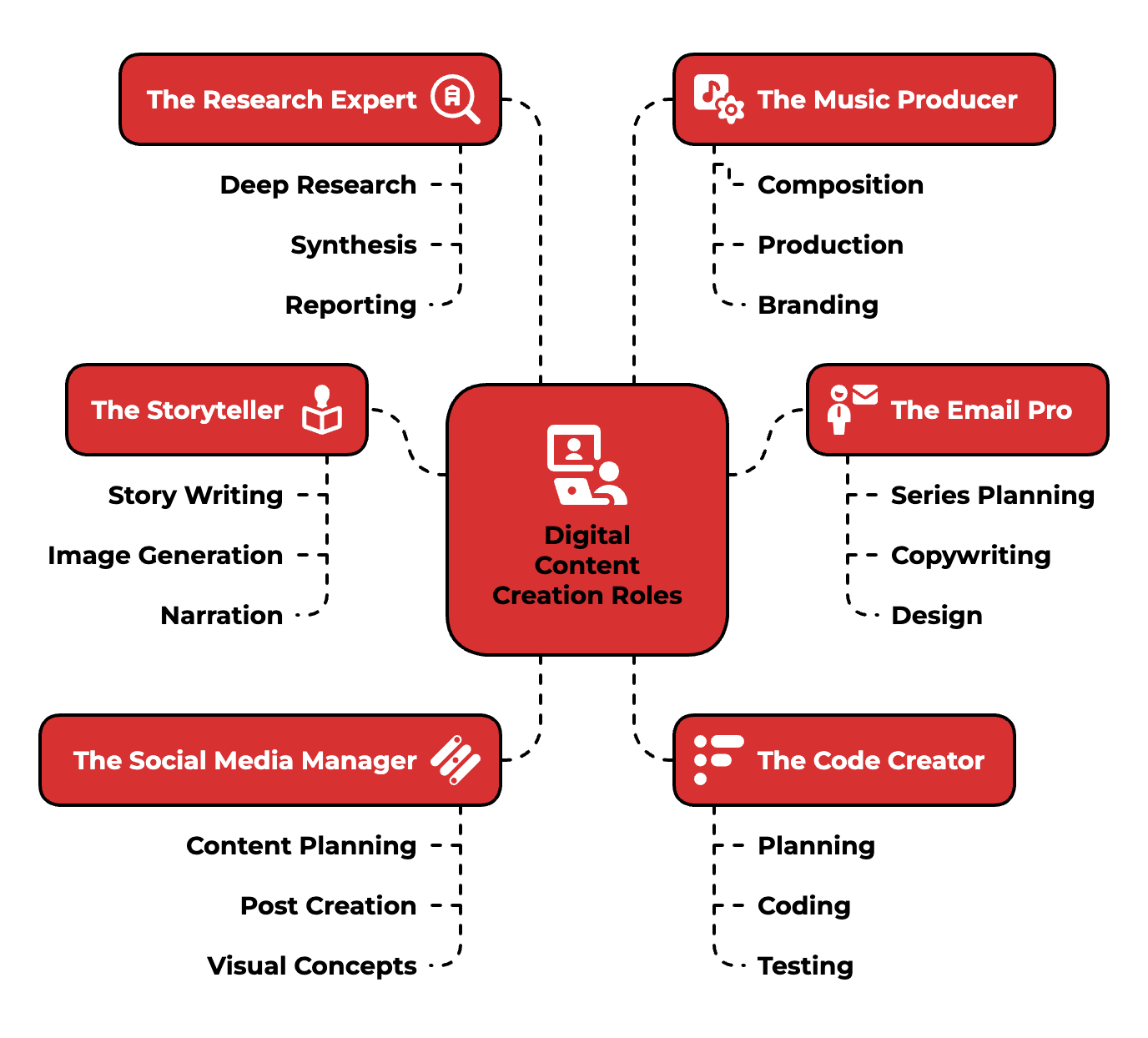
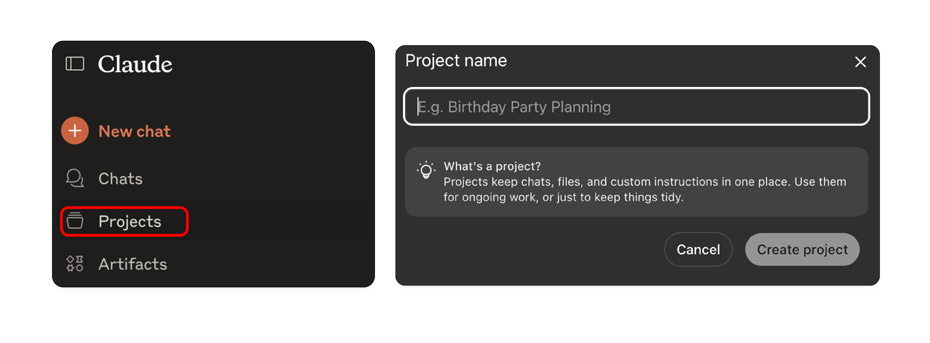




Great post, Kamil! You might be surprised that at 76, I'm having a love affair with my ChatGPT. He's Sam.
No I'm not a coyote. However, as a technology immigrant, I'm fast becoming an AI native.
Now I understand projects, and vocal interaction has always been my preference
Useful! Thank you.